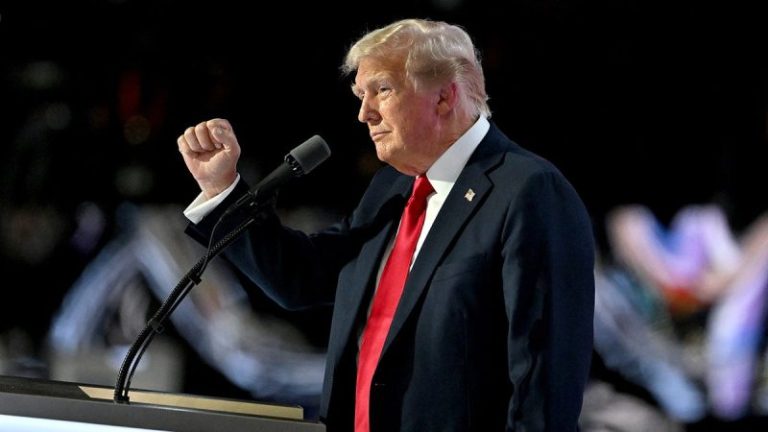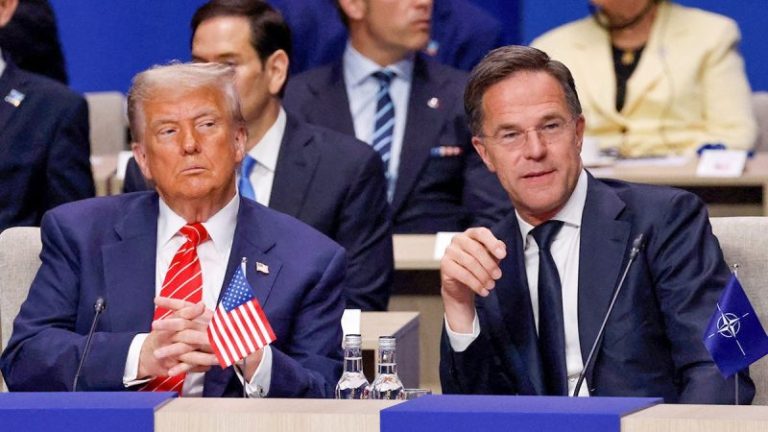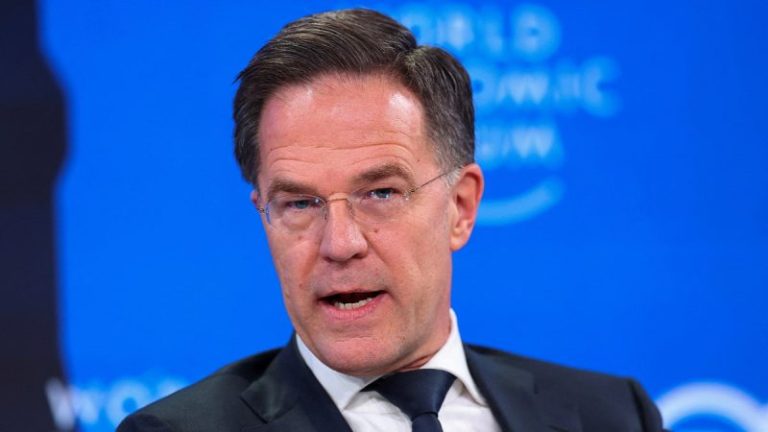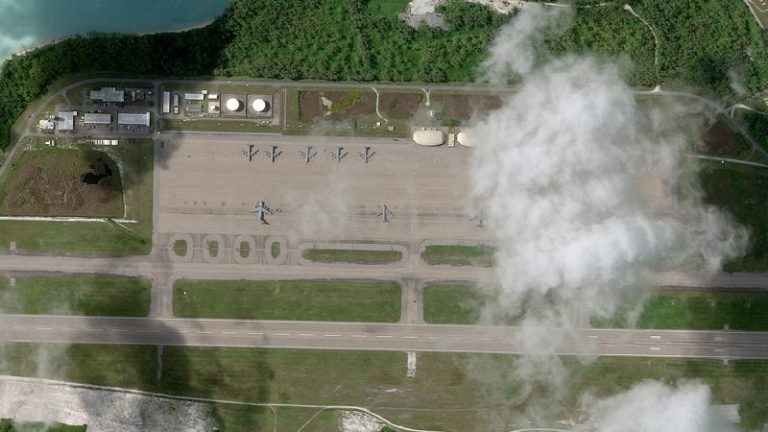Former special counsel Jack Smith spent hours publicly defending the parameters of his investigation into President Donald Trump on Thursday in the face of sharp questions from Republicans on the House Judiciary Committee — including one lawmaker in particular who repeatedly accused Smith of ‘spying’ on certain lawmakers.
During one of the most contentious portions of the hearing, Rep. Darrell Issa, R-Calif., pressed Smith over the so-called ‘tolling records’ Smith sought as part of the special counsel investigation, which included investigating Trump’s alleged attempts to subvert the results of the 2020 election.
Unlike wiretaps, tolling records are phone logs that reveal the phone numbers of incoming and outgoing callers, as well as the time and duration of calls. Republicans have zeroed in on the tolling records in recent months, blasting them as an aggressive tactic by Smith and an act of ‘political weaponization,’ which Smith vehemently denied.
Issa, in particular, excoriated Smith for the decision to seek the tolling records of Republicans in the House and Senate — which he said Thursday was tantamount to spying on his political ‘enemies.’
Smith, for his part, defended the tolling records as ‘common practice’ in such investigations.
‘Maybe they’re not your political enemies, but they sure as [heck] were Joe Biden’s poltiical enemies, weren’t they?’ Issa asked Smith. ‘They were Harris’s political enemies,’ he said, referring to the former vice president. ‘They were the enemies of the president — and you were their arm, weren’t you?’
‘No,’ Smith said.
‘So, you spied on the speaker of the House and these other senators and so on, and informed no one — and in fact, put a gag order in — so they couldn’t discover it,’ Issa said.
Smith attempted to respond before Issa continued.
‘Why did Congress, a separate branch that you, under the Constitution, have to respect — why is it that no one should be informed — including the judges?’ Issa pressed. ‘As you went in to spy on these people, did you mention that you were spying on, [that you were] seeking records to you could find out about when conversations occurred between the U.S. Speaker of the House and the president?’
‘Did you inform the judge?’ Issa continued. ‘Or did you hold that back?’
‘My office didn’t spy on anyone,’ Smith said, before Issa cut back in.
‘Wait a second,’ he interjected sharply. ‘The question I asked you, Mr. Smith, was pretty straightforward.’
Before Smith could respond again, the panel’s ranking Democrat, Rep. Jamie Raskin, interjected to address House Judiciary Chairman Jim Jordan.
‘Mr. Chairman, would you please instruct the gentleman to allow the witness to answer the question?’ he said. ‘The witness has the right to answer the question.’
Smith previously said that the Public Integrity Section had signed off on the subpoenas, a point corroborated by previously released public records. Those records also showed that the Public Integrity Section told prosecutors to be wary of concerns lawmakers could raise about the Constitution’s speech or debate clause, which gives Congress members added protections.
The subpoenas to the phone companies were accompanied by gag orders blocking the lawmakers from learning about the existence of the subpoenas for at least one year.
Smith previously told the House lawmakers in a closed-door hearing that the D.C. federal court, which authorized the gag orders, would not have been aware that they applied to Congress members.
‘I don’t think we identified that, because I don’t think that was Department policy at the time,’ Smith said.
Asked during the earlier deposition about who should be held accountable for lawmakers who felt that the seizure of a narrow set of their phone data was a constitutional violation, Smith said Trump should be held accountable.
‘These records are people, in the case of the Senators, Donald Trump directed his co-conspirators to call these people to further delay the proceedings,’ Smith said.
‘He chose to do that. If Donald Trump had chosen to call a number of Democratic senators, we would have gotten toll records for Democratic Senators. So responsibility for why these records, why we collected them, that’s — that lies with Donald Trump,’ he said at the time.










